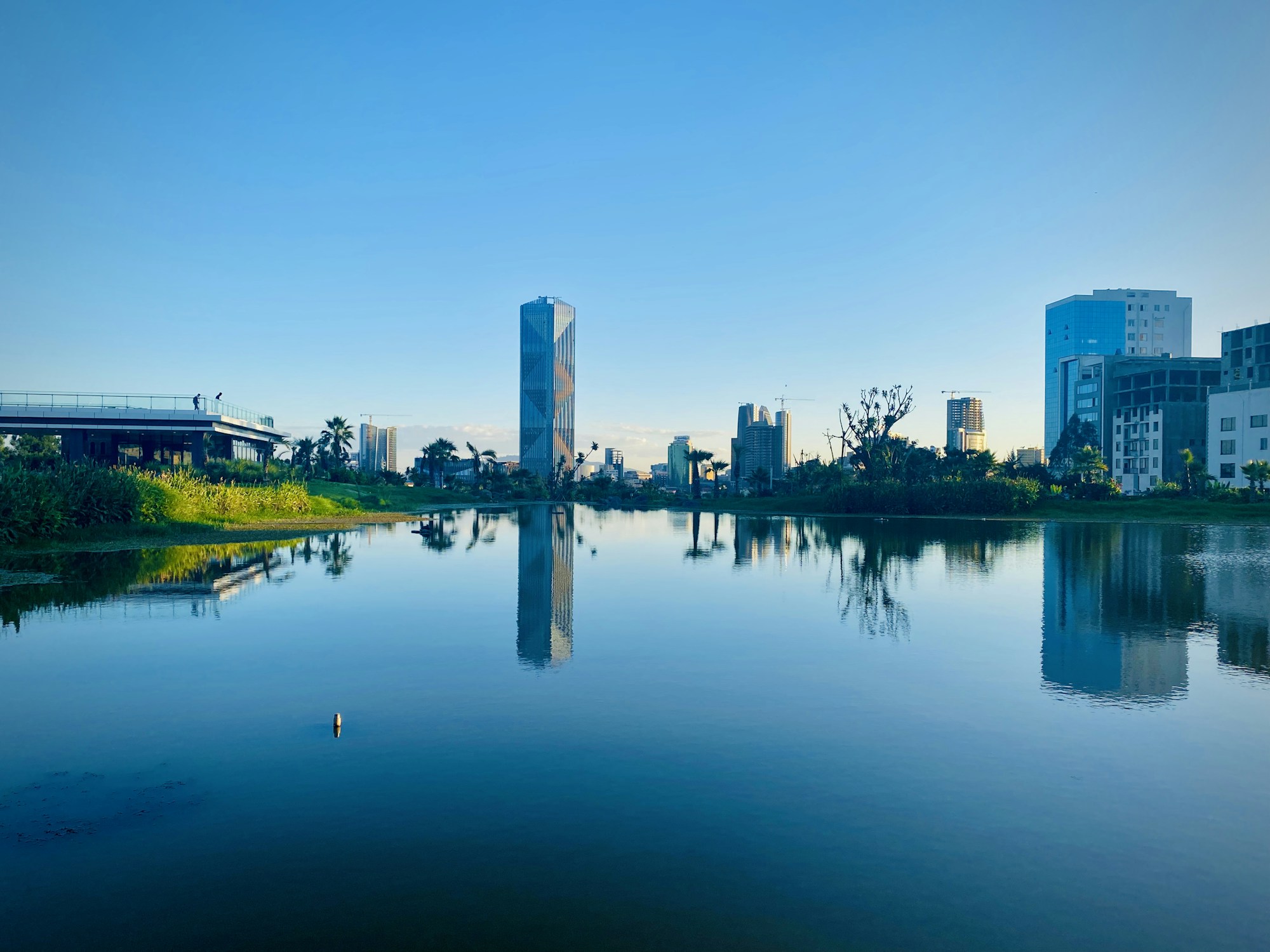Exploring Ethiopia: Culture, Traditions & Festivals

Exploring Ethiopia: Culture, Traditions & Festivals
Located in the northeastern part of Africa, Ethiopia is a country rich in history, culture, and natural beauty. From ancient churches carved into the rock to vibrant festivals that showcase the country's traditional customs, Ethiopia offers a unique and unforgettable experience for travelers.
Culture and Traditions:
Ethiopia is known for its diverse ethnic groups, with more than 80 different languages spoken throughout the country. The Ethiopian people take great pride in their cultural heritage and are known for their strong sense of community and hospitality. Traditional dress, music, and dance play a significant role in Ethiopian culture.
Traditional Clothing:
The traditional clothing in Ethiopia varies among the different ethnic groups. Women often wear colorful dresses called "habesha kemis" made from hand-woven cotton fabric. Men typically wear a white cotton robe called a "shamma" or a more modern version called a "gabi." The traditional clothing represents the unique cultural identity of each group.
Music and Dance:
Ethiopian music is an integral part of the country's cultural heritage. Traditional music, known as "Ethio-jazz," combines Ethiopian rhythms with western jazz influences creating a distinct sound. The "shoulder dance" is a popular traditional dance performed at celebrations and festivals, where participants move their shoulders in a rhythmic and synchronized manner.
Religion:
Ethiopia is a predominantly Christian country, with the Ethiopian Orthodox Church being the most widely practiced religion. The Ethiopian Orthodox Church has a rich history and is known for its ancient monasteries and rock-hewn churches, including the famous Lalibela churches. Islam and traditional African religions also have a significant presence in the country.
Festivals:
Ethiopia is known for its colorful and lively festivals which celebrate religious, cultural, and historical events. Here are a few of the most popular festivals:
- The Timket Festival: Also known as the Feast of Epiphany, this festival celebrates the baptism of Jesus Christ the Jordan River. It is one of the most vibrant and joyous festivals in Ethiopia, with processions, prayers, and water splashing ceremonies taking place.
- The Meskel Festival: Celebrated in September, this festival commemorates the discovery of the True Cross by Queen Helena in the 4th century. Bonfires are lit, and processions occur to symbolize the finding of the cross.
- The Ethiopian New Year: Known as Enkutatash, the Ethiopian New Year falls in September and is celebrated with feasts, traditional games, and dancing.
Ethiopia's festivals offer a unique opportunity to immerse yourself in the country's culture, witness age-old traditions, and connect with the local community.
Exploring Nature and Landscapes:
Ethiopia is a diverse country, offering breathtaking landscapes and natural wonders. From the Simien Mountains to the Danakil Depression, here are a few must-visit natural attractions:
The Simien Mountains:
The Simien Mountains National Park is a UNESCO World Heritage site and home to stunning landscapes, including rugged cliffs, deep valleys, and rare wildlife. Trekking through the park provides an opportunity to see endangered species like the Ethiopian wolf and the Gelada baboon.
The Danakil Depression:
Known as one of the hottest places on Earth, the Danakil Depression is a unique and otherworldly destination. It is home to striking landscapes such as the Erta Ale volcano, sulfur springs, and salt flats. Travelers can witness the fascinating salt extraction process and even camp near the active lava lake.
Lake Tana:
Lake Tana is the largest lake in Ethiopia and is surrounded by lush vegetation and beautiful monasteries. The lake is dotted with over 20 monasteries, some of which date back to the 13th century. Visitors can take boat tours to explore the monasteries and learn about their religious and cultural significance.
The Blue Nile Falls:
Also known as "The Smoking Water" due to the mist created by its powerful flow, the Blue Nile Falls is a breathtaking natural attraction. Located near the town of Bahir Dar, visitors can hike to various viewpoints to witness the majestic falls and the surrounding lush landscapes.
Ethiopia's diverse natural landscapes offer a range of outdoor activities and opportunities for exploration, from trekking and hiking to wildlife spotting and cultural encounters.
Experiencing Ethiopian Cuisine:
Ethiopian cuisine is renowned for its unique flavors, diverse dishes, and communal eating tradition. The staple food in Ethiopia is injera, a sourdough flatbread made from teff flour. Here are a few popular Ethiopian dishes to try:
- Doro Wat: A spicy chicken stew often served with injera.
- Tibs: Grilled meat or vegetables sautéed with spices.
- Kitfo: A traditional Ethiopian dish made from minced raw beef, spiced butter, and served with injera.
- Shiro: A thick stew made from ground lentils or chickpeas.
- Tea and Coffee: Ethiopia is known as the birthplace of coffee, and tea and coffee ceremonies are an integral part of the country's culture.
Exploring Ethiopian cuisine allows you to experience the flavors and traditions of the country while savoring the unique combination of herbs and spices that Ethiopian dishes are renowned for.
